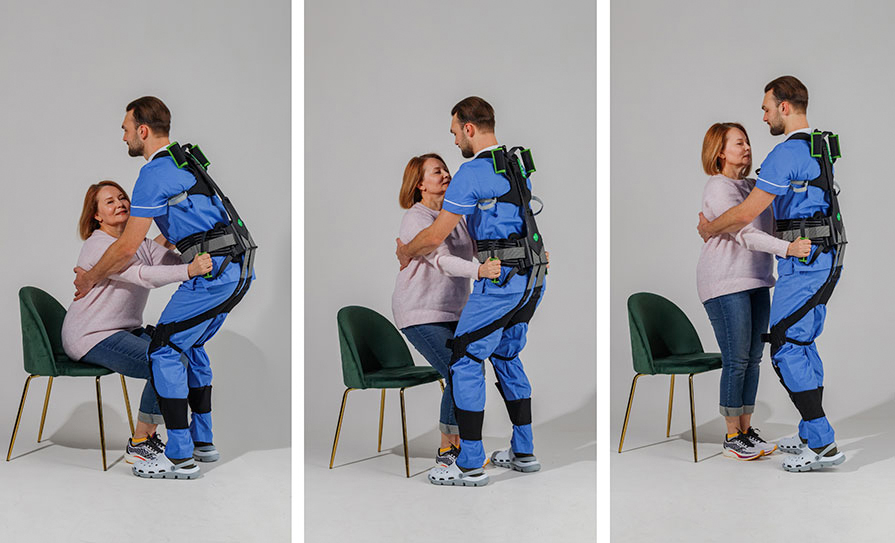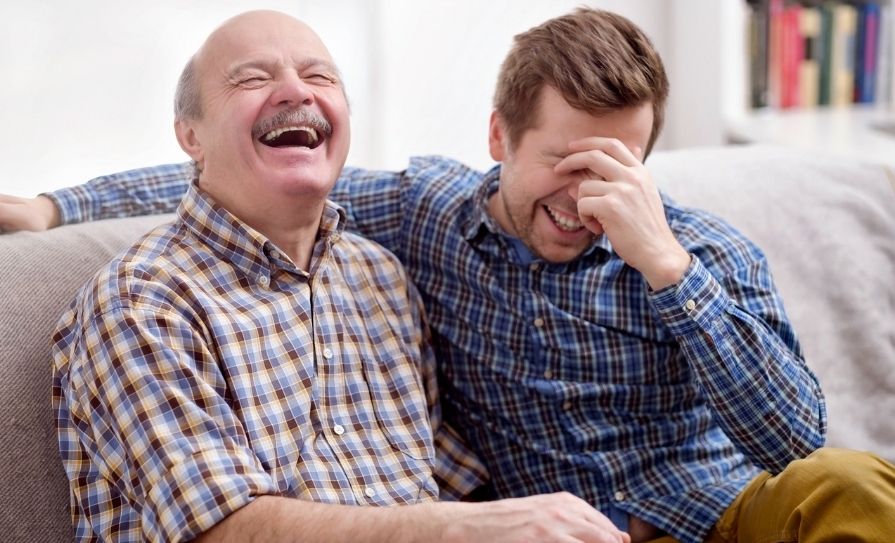A European research project has recently been launched to look at the potential for exoskeleton supports for nurses, carers and allied healthcare workers, such as physiotherapists and occupational therapists.
It’s well known that nurses and healthcare workers who need to move patients around have a higher chance of back injuries than the average employee.
Health and Safety Authority statistics show that healthcare sector workers suffered between 21 and 24 per cent work-related injuries in each year from 2019-2022. The highest reported trigger for these injuries was manual handling. In both 2021 and 2022, approximately 550 injuries associated with manual handling were recorded.
The research project, titled the Musculoskeletal Disorder Care project (MSD-CARE), aims to examine the feasibility of equipping nurses with exoskeletons in healthcare settings and what barriers might exist to bringing the concept to your hospital or clinic.
The University of Galway is involved in the project, along with researchers from Germany and the Netherlands.
Professor in Nursing and Midwifery at University of Galway, Prof Georgina Gethin, commented: “Nurses involved in direct patient care are subject to physically demanding tasks and suffer a higher rate of musculoskeletal problems than other healthcare workers. This can have [a] significant impact not only on their health, but also on their ability to stay in their chosen profession. Any interventions that can help to highlight the issue of musculoskeletal disorders and find solutions to their prevention are a welcome development. In principle, they could be a great asset… it is important to know just how practical they would be in a busy work environment and how acceptable they would be to workers. We look forward to delivering on this for nurses and other healthcare workers.”
A new exoskeleton research laboratory has been set up at the Göttingen Health Campus in Germany, where carers can go through their daily work routines with and without an exoskeleton, under the watchful eye of researchers. Electromyography and respiratory gas analysis will be used to determine the effects of exoskeletons on muscle activity and breathing.
Prof Shiney Franz from the Göttingen Health Campus added: “Our assumption is that wearing exoskeletons during activities such as mobilisation or transfer of patients could improve the working conditions of care professionals and enhance patient safety. In this project, we aim to identify the working conditions in nursing that enable the integration of exoskeletons into the existing workflow taking in account the care plan and goals.”
The potential cost of rolling-out exoskeletons on a widespread basis has not been nailed down, but no doubt a lot of nurses would be happy to see back injuries become a thing of the past. If it cuts down on injury-related absenteeism, the nurse managers will be happy too.













Leave a Reply
You must be logged in to post a comment.